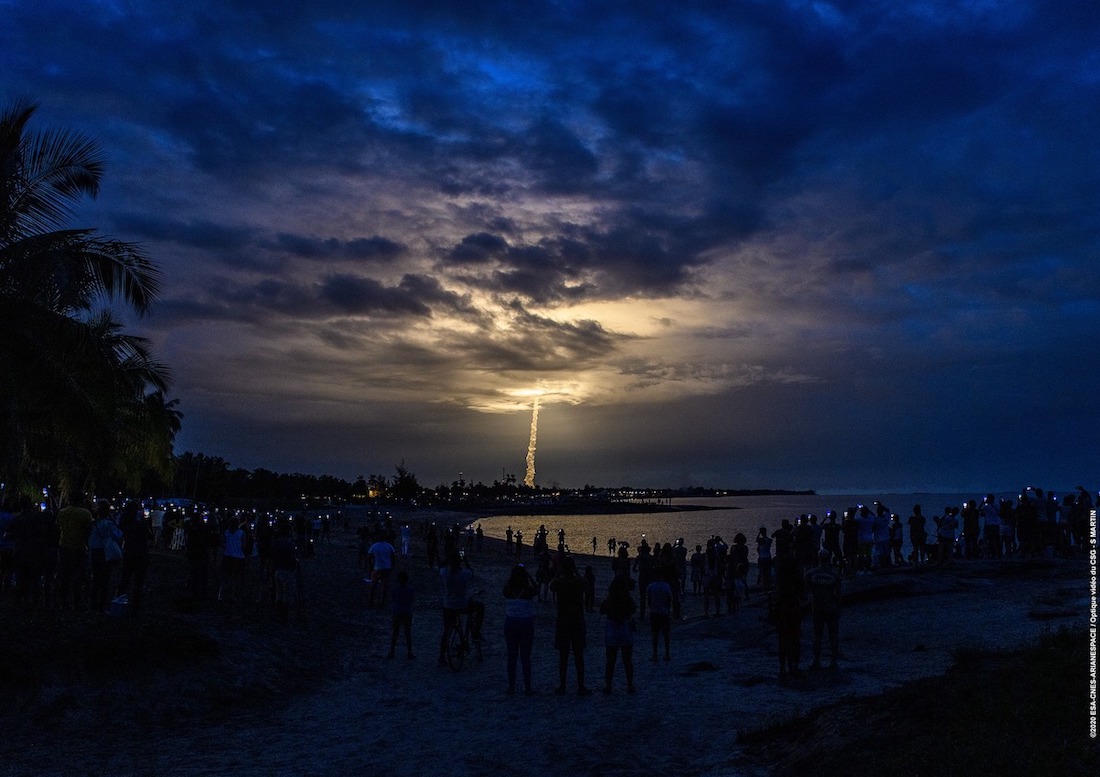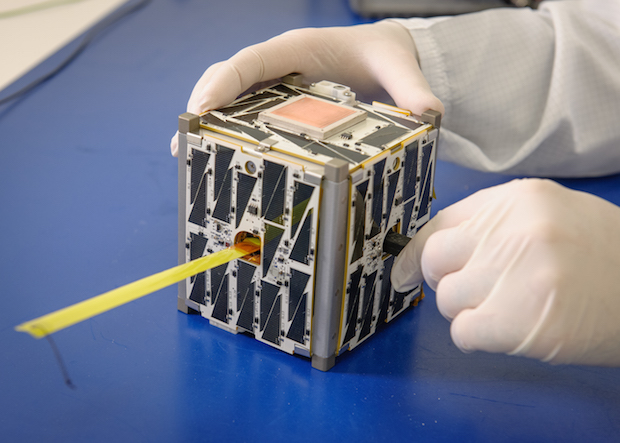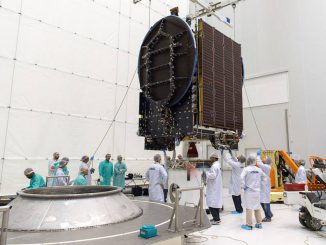
Arianespace announced this week it is organizing a contest open to startups, labs, and universities for a free launch of a nanosatellite on a future rideshare mission, likely on an Ariane 6 or Vega rocket.
The French launch services company said Tuesday the winner of the contest will be announced June 16 during the opening day of the VivaTech innovation and trade show in Paris. The deadline for submissions is May 14, and you can participate in the contest here.
Arianespace said the winner of the contest will have their satellite accommodated on a future rideshare mission free of charge. The company is setting aside room for a one-unit CubeSat measuring about 3.9 inches (10 centimeters) per side with a weight limit of 2.93 pounds (1.33 kilograms).
Other than the technical requirements, Arianespace said it will judge the applicants on their ability to improve life on Earth or advance human knowledge, eco-responsibility, the maturity level of the project, and the scalability of the proposal, or its ability to be expanded.
Arianespace will choose five finalists, and will announce the winner in June at the VivaTech exhibition in Paris.
Other rocket companies, such as United Launch Alliance and Firefly Aerospace, have held similar competitions to launch educational and research payloads for free. The European Space Agency and NASA also have programs where the agencies pay for the launch of experimental university-built CubeSats.

Arianespace said its contest is open to startup companies, research labs, and educational institutions.
The company’s first dedicated rideshare mission launched from French Guiana last September on a Vega rocket. The Vega rocket debuted a new carrying structure to accommodate 53 satellites on a single mission, a record for a European space mission.
Arianespace plans to conduct more rideshare missions, either by filling excess capacity on a rocket with small satellites or grouping large clusters of smallsats to share a launch.
Europe’s next-generation launcher, the Ariane 6, will also be capable of rideshare missions. Scheduled to fly for the first time in 2022, the Ariane 6 will haul much heavier cargo to orbit than the light-class Vega launcher, including missions targeting higher altitudes.
Email the author.
Follow Stephen Clark on Twitter: @StephenClark1.



